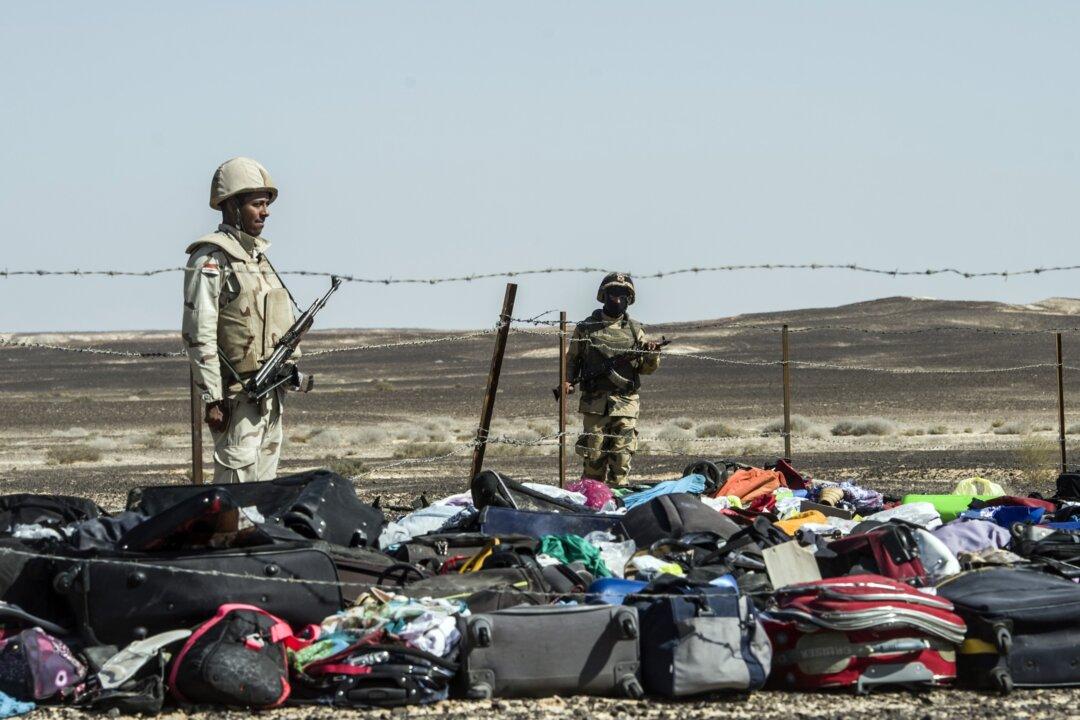Russian Plane Crash in Sinai: Did ISIS Shoot It Down?
Did ISIS shoot down the Russian plane on Saturday morning?

Egyptian army soldiers next to the luggage and belongings of passengers of the A321 Russian airliner piled up at the site of the crash in Wadi al-Zolomat, a mountainous area in Egypt's Sinai Peninsula, on Nov. 1, 2015. Khaled Desouki/AFP/Getty Images

Jack Phillips
Breaking News Reporter
|Updated:
Jack Phillips is a breaking news reporter who covers a range of topics, including politics, U.S., and health news. A father of two, Jack grew up in California's Central Valley. Follow him on X: https://twitter.com/jackphillips5
Author’s Selected Articles



